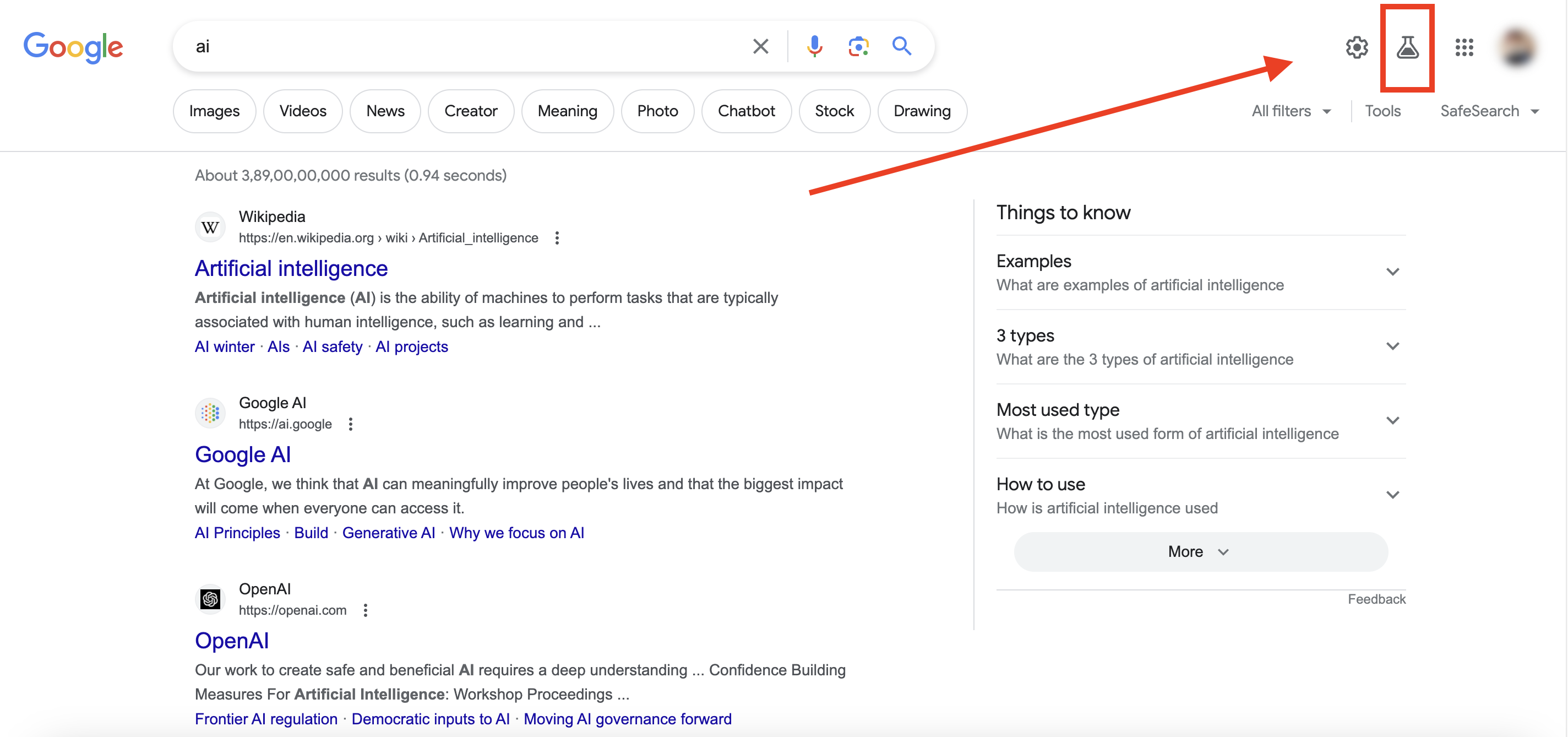Google recently introduced a search feature called Search Generative Experience (SGE), which uses generative AI to provide summarized answers to search queries. While Google aims to improve user experience, media publishers are concerned about the lack of credit and compensation for their content. SGE’s summaries sometimes use information from publishers’ websites without proper accreditation. Publishers fear a decrease in organic traffic and are uncertain about how to adapt to this new AI-based search. Google claims publishers do not need to take any action to appear in search results.

Google’s New AI-Powered Search Tool Stirs Concern Among Publishers
Google has recently introduced a search feature called Search Generative Experience (SGE) that uses generative AI to provide summarized answers to search queries. While this aims to improve user experience, the media industry sees it as a disruptive challenge.
The new search experience works by showing short summaries at the top of the Google search homepage in response to specific queries. For example, if you ask, “Who is Da Vinci?”, the feature provides a concise three-paragraph summary with additional links for further information.
According to Google, these summaries are drawn from multiple web sources and aim to provide a convenient starting point for users. However, publishers are concerned because SGE’s summaries sometimes use information from their websites without proper credit or compensation.
To address this, publishers must opt out of Google search entirely, which can make them virtually invisible on the internet. Google claims to prioritize approaches that send valuable traffic to creators, including news publishers.
The rollout of SGE in the United States, India, and Japan has put media companies on alert. Some publishers fear that SGE could take away valuable web traffic, potentially leading to a 40% reduction in traffic. This means publishers may need to rethink their content metrics.
Adding to the concerns is the lack of transparency from Google. Publishers feel uncertain about how the new AI-based search works, describing it as a “black box.” Google, on the other hand, states that publishers don’t need to do anything different to appear in search results.
Google has released a tool called Google-Extended, which allows publishers to block their content from being used for AI training. However, publishers find themselves in a complicated relationship with Google. They rely on the search giant for web traffic, but new features like SGE threaten to take that traffic away while using their content without clear compensation or credit.
Google says it’s open to feedback and will improve the tool over time, but publishers remain uncertain about the future.
Practical AI Solutions for Your Company
If you want to evolve your company with AI and stay competitive, consider using Google’s new AI-powered search tool to your advantage. Here are some practical steps to get started:
Identify Automation Opportunities:
Locate key customer interaction points that can benefit from AI.
Define KPIs:
Ensure your AI endeavors have measurable impacts on business outcomes.
Select an AI Solution:
Choose tools that align with your needs and provide customization.
Implement Gradually:
Start with a pilot, gather data, and expand AI usage judiciously.
For AI KPI management advice, connect with us at hello@itinai.com. And for continuous insights into leveraging AI, stay tuned on our Telegram channel t.me/itinainews or follow us on Twitter @itinaicom.
Spotlight on a Practical AI Solution: AI Sales Bot
Consider the AI Sales Bot from itinai.com/aisalesbot. This solution is designed to automate customer engagement 24/7 and manage interactions across all customer journey stages.
Discover how AI can redefine your sales processes and customer engagement. Explore solutions at itinai.com.
List of Useful Links:
- AI Lab in Telegram @aiscrumbot – free consultation
- Google’s New AI-Powered Search Tool Stirs Concern Among Publishers
- GreatAIPrompts: AI Prompts, AI Tools & AI News
- Twitter – @itinaicom



























